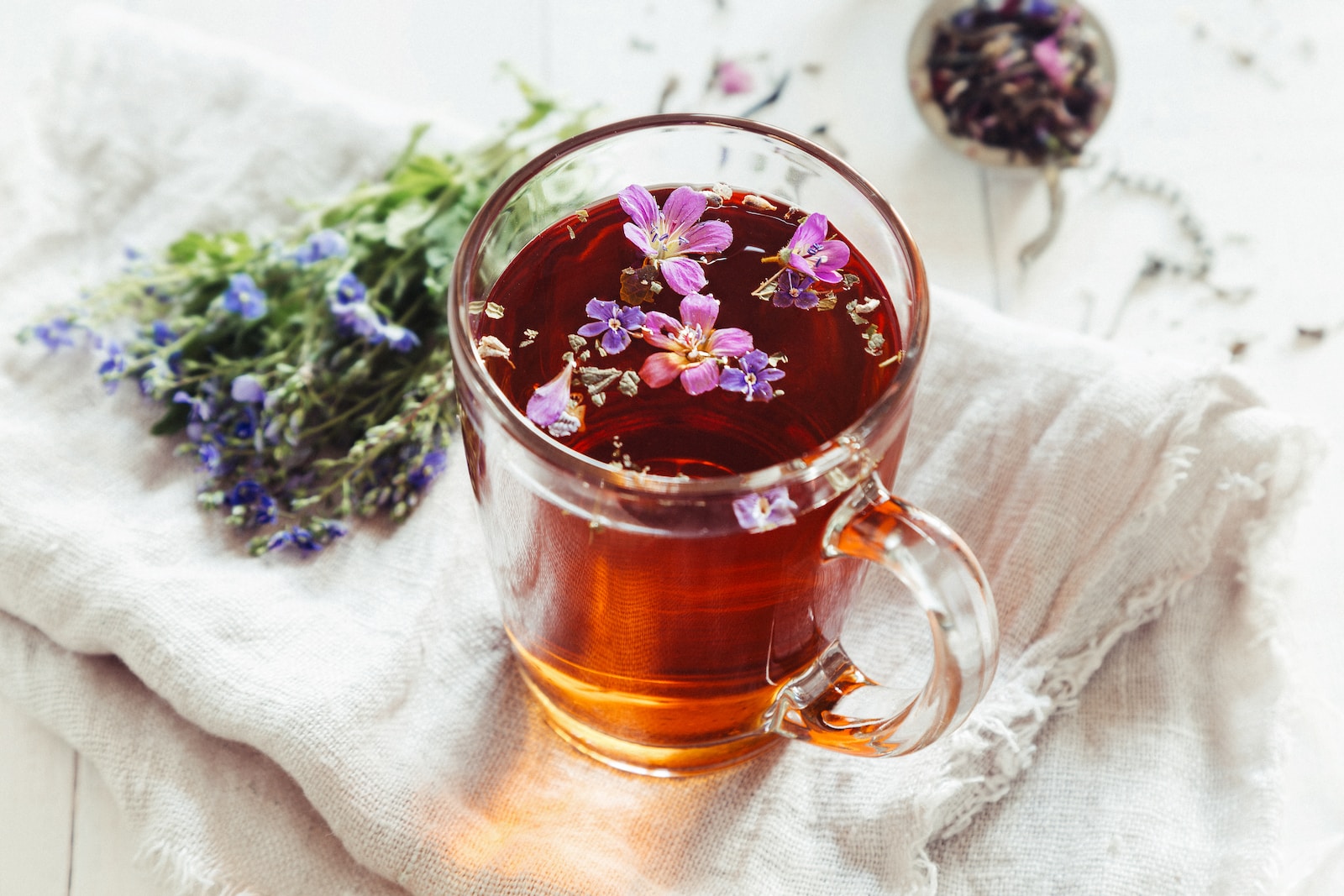![]()
Headaches are a common ailment experienced by people of all ages and can vary in intensity and frequency. While over-the-counter pain relievers can provide temporary relief, many individuals seek natural remedies as an alternative or complementary approach. Natural remedies for headaches focus on addressing the root causes and promoting overall well-being. In this article, we will explore several effective natural remedies that can help alleviate headaches and promote long-term relief.
- Stay Hydrated: Dehydration is a common trigger for headaches, so it’s crucial to drink an adequate amount of water throughout the day. Dehydration can lead to the constriction of blood vessels, resulting in tension headaches. Aim to drink at least 8 glasses of water daily to maintain proper hydration levels.
- Apply Cold or Hot Compress: Applying a cold or hot compress to the affected area can provide quick relief from headaches. A cold compress, such as an ice pack or a cold cloth, can help reduce inflammation and numb the pain. On the other hand, a hot compress, like a warm towel or a heating pad, can relax tense muscles and improve blood circulation.
- Practice Relaxation Techniques: Stress and tension are common triggers for headaches. Engaging in relaxation techniques can help alleviate both physical and mental stress. Techniques like deep breathing exercises, meditation, yoga, and progressive muscle relaxation can promote relaxation, reduce muscle tension, and ease headache symptoms.
- Get Sufficient Sleep: Lack of sleep or poor sleep quality can contribute to the development of headaches. Establish a regular sleep routine and aim for 7-8 hours of quality sleep each night. Create a conducive sleep environment, avoid electronic devices before bedtime, and practice relaxation techniques to promote a restful night’s sleep.
- Consider Herbal Remedies: Certain herbs have been traditionally used to treat headaches. For tension headaches, herbs like peppermint, lavender, and chamomile can be beneficial. They can be consumed as teas, inhaled as essential oils, or applied topically in the form of balms or oils. Always consult with a healthcare professional before using herbal remedies, especially if you have underlying medical conditions or are taking other medications.
- Limit Trigger Foods: Certain foods and beverages can trigger headaches, especially migraines. Common culprits include aged cheese, chocolate, processed meats, caffeine, alcohol, and foods containing monosodium glutamate (MSG). Identifying and avoiding these trigger foods can help prevent headaches.
- Stay Active: Regular physical activity can help prevent headaches by reducing stress and improving blood circulation. Engage in activities like walking, jogging, swimming, or cycling for at least 30 minutes most days of the week. However, avoid intense exercise during a headache episode as it may exacerbate symptoms.
Conclusion: While headaches can be disruptive and debilitating, natural remedies offer a holistic approach to relieve pain and promote well-being. By incorporating these natural remedies into your lifestyle, you can potentially reduce the frequency and severity of headaches. Remember that each individual is unique, and it’s essential to find the remedies that work best for you. If headaches persist or worsen, it is advisable to consult a healthcare professional for proper diagnosis and guidance.



